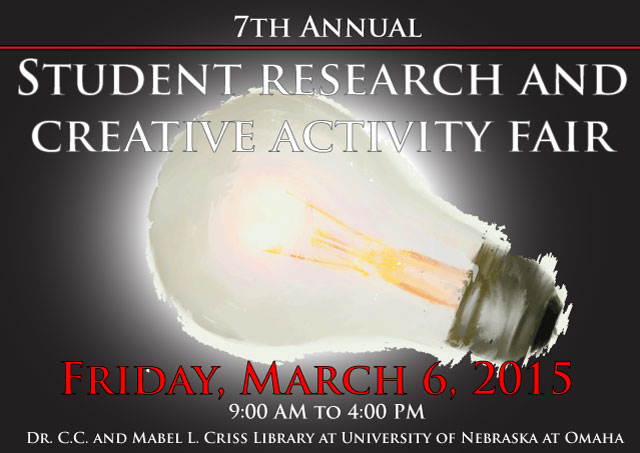
Test-Retest Reliability of Independent Phonological Measures of 2-year-old Speech
Advisor Information
Shari DeVeney
Location
Dr. C.C. and Mabel L. Criss Library
Presentation Type
Poster
Start Date
6-3-2015 9:00 AM
End Date
6-3-2015 10:30 AM
Abstract
Speech-language pathologists (SLPs) rely on formal (i.e., standardized, criterion-based testing) and informal (i.e., observations, clinical judgment, non-standardized) assessment measures. These measures are used for descriptive information critical to evaluating a child’s need for intervention. Although the general assumption is that informal measures are reliable, the reality may be much different. This project is an effort to address this problem by examining the test- retest reliability of conversational speech samples taken exactly one week apart from children who are 24-36 months old. The samples will be analyzed using independent phonological measures (i.e., word shape analysis and phonetic inventories). For this project, data was collected and examined regarding the test-retest reliability of informal speech sound measures for typically developing 2-year-old children. Test-retest reliability is the degree to which an analysis is stable over time (i.e., temporal stability). The project will be an extension of the work conducted by Morris (2009). When evaluating the speech samples of typically developing 18- to 22-month old children, Morris found that the test-retest reliability of analyses conducted on two different speech samples collected from the same child one week apart was unstable and did not represent the same number or range of speech sounds produced. This project extended the findings of this research by conducting a replication of the study including children who are two- to eight-months older than the sample used in the Morris study to determine if the findings remain consistent across an additional age range.
Test-Retest Reliability of Independent Phonological Measures of 2-year-old Speech
Dr. C.C. and Mabel L. Criss Library
Speech-language pathologists (SLPs) rely on formal (i.e., standardized, criterion-based testing) and informal (i.e., observations, clinical judgment, non-standardized) assessment measures. These measures are used for descriptive information critical to evaluating a child’s need for intervention. Although the general assumption is that informal measures are reliable, the reality may be much different. This project is an effort to address this problem by examining the test- retest reliability of conversational speech samples taken exactly one week apart from children who are 24-36 months old. The samples will be analyzed using independent phonological measures (i.e., word shape analysis and phonetic inventories). For this project, data was collected and examined regarding the test-retest reliability of informal speech sound measures for typically developing 2-year-old children. Test-retest reliability is the degree to which an analysis is stable over time (i.e., temporal stability). The project will be an extension of the work conducted by Morris (2009). When evaluating the speech samples of typically developing 18- to 22-month old children, Morris found that the test-retest reliability of analyses conducted on two different speech samples collected from the same child one week apart was unstable and did not represent the same number or range of speech sounds produced. This project extended the findings of this research by conducting a replication of the study including children who are two- to eight-months older than the sample used in the Morris study to determine if the findings remain consistent across an additional age range.
